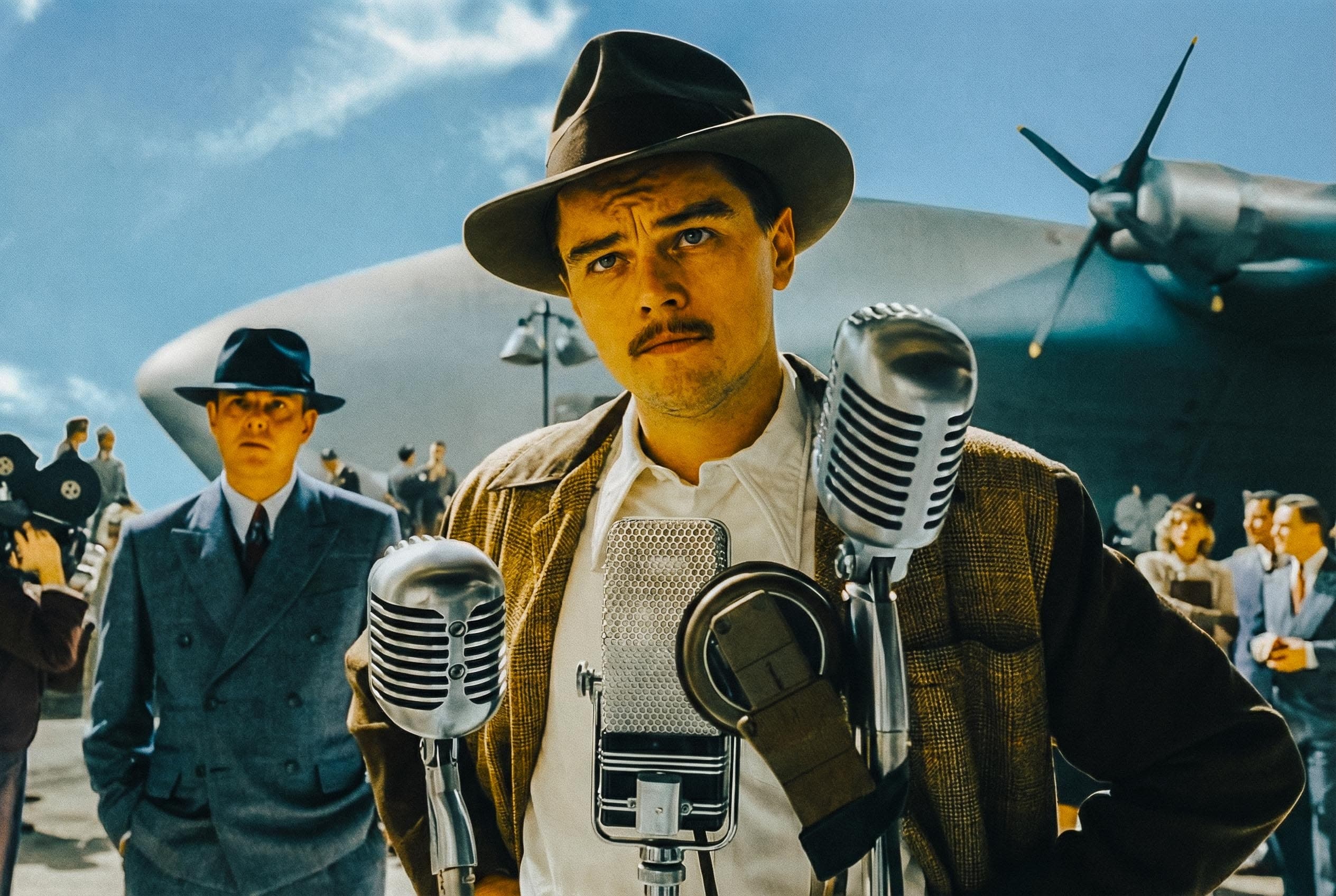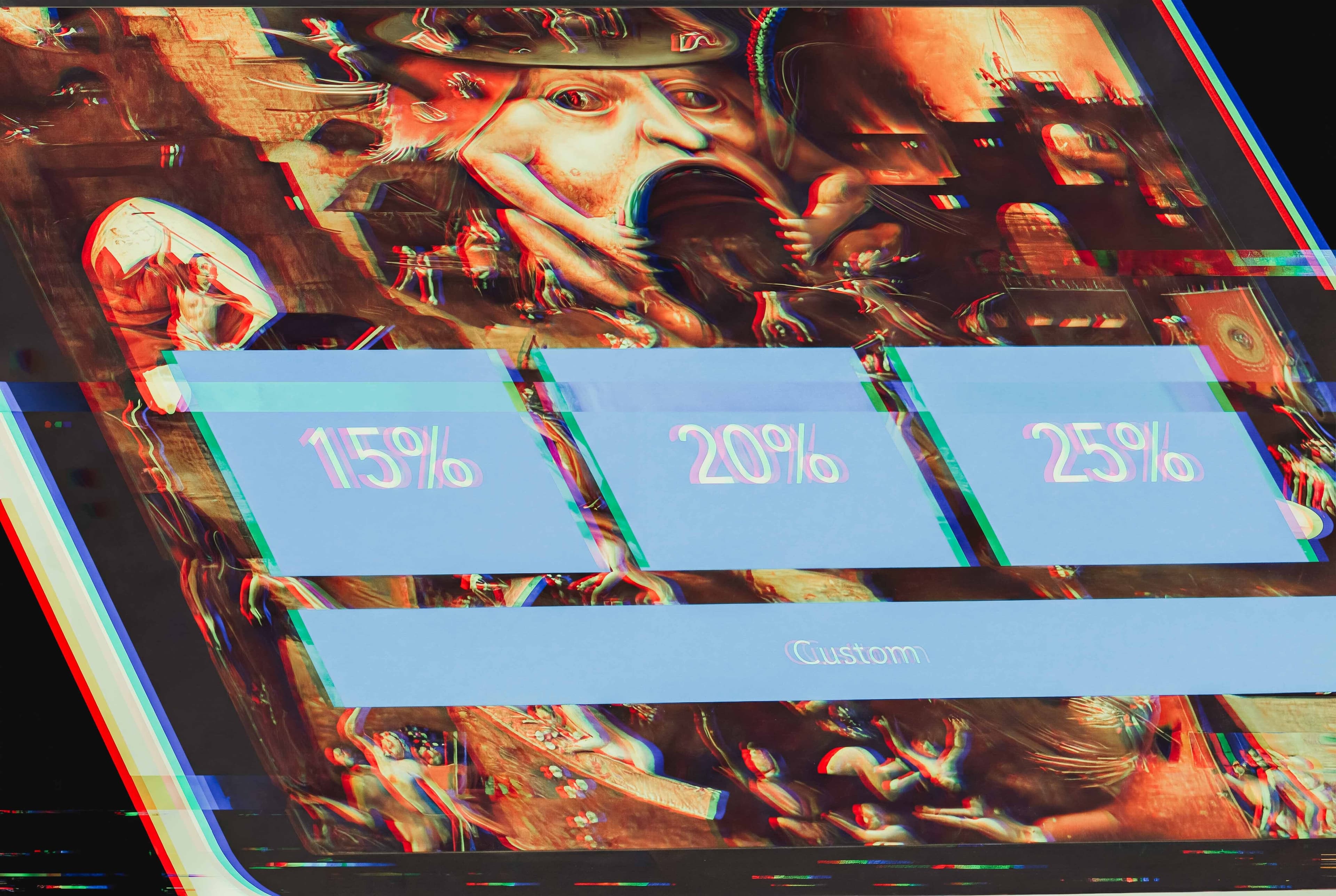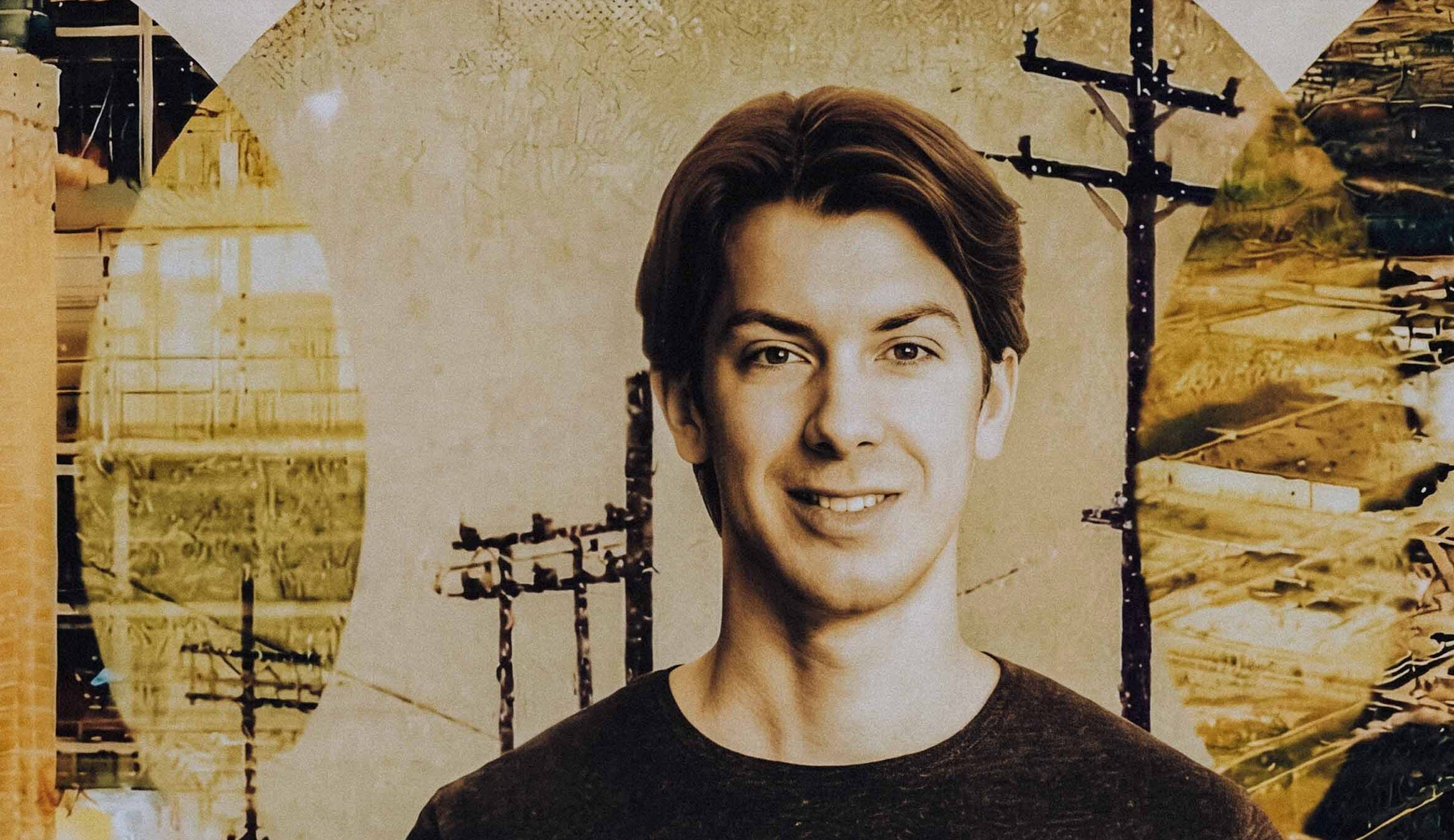Labor of love. It’s the greatest show on earth. Okay, it’s the greatest show on my earth. But let’s take it from the top: back in April Elon Musk, one of the most prolific and successful entrepreneurs in history, purchased a 9% stake in Twitter, the behemothic social media giant presently shaping the national information landscape. What began as an open platform at odds with centralized power had itself become a dangerous tool for censorship on behalf of the One Party State, and following the purchase of Elon’s stake it was immediately obvious the Billionaire Shitposting God of Silicon Valley intended to shift the platform back to a position of neutrality. The media class, broadly in favor of political censorship, considered the prospect of less political censorship an act of war. Thousands of pieces were written. In the weeks that followed, Elon’s stake evolved into a Twitter board seat, followed by a bid to purchase the company outright, before the deal finally and dramatically — it seemed — collapsed.
Elon argued Twitter lied about its bot problem, Twitter argued this wasn’t true and also if it was it didn’t matter. A few pages later, the company that only moments prior did everything in its power to prevent Elon’s takeover was now suing the man to force the sale. Months of legal Hell followed, a trove of Elon’s text messages were subpoenaed, and last week a slice of the man’s private life was delivered to the public discourse. But while Elon’s behind-the-scenes strategy was characterized by the press as capricious buffoonery, emboldened by a clown car cabal of dumb money, an honest look at his texts paints a far more thoughtful story. It also foreshadows the most recent development in this probably once-in-a-lifetime tech industry telenovela: Monday night, Elon submitted a letter with the SEC confirming he planned to buy the company at the original price proposed. Tuesday afternoon, Twitter accepted the deal.
It now seems — once again SEEMS — Elon Musk is about to own Twitter. Unless this is an elaborate stalling tactic, which, I mean… I’m not going to lie to you and say that isn’t possible.



